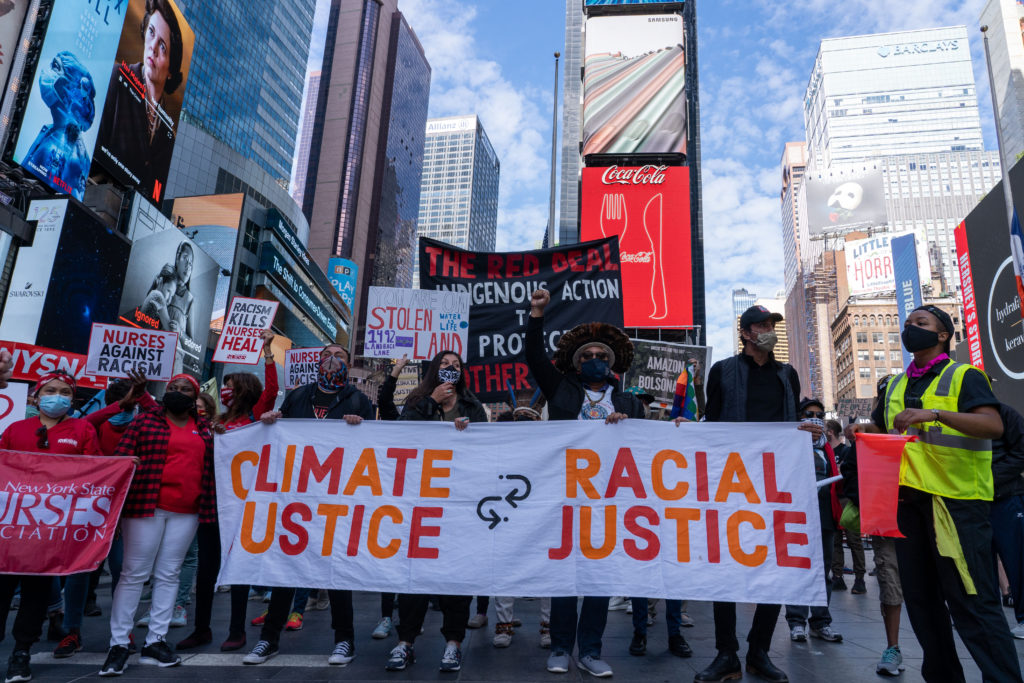A half-century after founding the outdoor clothing giant Patagonia, Yvon Chouinard walked away from it all. On September 14, Chouinard announced that he and his family transferred the entirety of their ownership in Patagonia to both a newly created trust and a non-profit focused on saving the planet.
“As of now, Earth is our only shareholder,” the company announced. “ALL profits, in perpetuity, will go to our mission to ‘save our home planet’.”
The Patagonia Purpose Trust will continue the company’s “socially responsible business” approach while the Holdfast Collective will lead the charge to spend company profits to fight climate change.
“We are going to give away the maximum amount of money to people who are actively working on saving this planet,” Chouinard told the New York Times. “We are going to give away the maximum.”
The decision received instant praise and as a blueprint of corporate leadership in environmental issues, especially at a time when the environmental impact of billionaires is under fire. According to The Guardian, just 100 companies are responsible for 71% of all global admissions.
“If we have any hope of a thriving planet—much less a thriving business—50 years from now, it is going to take all of us doing what we can with the resources we have,” said Chouinard in a statement.
Though the quickly warming climate will eventually affect everyone, the most dire consequences are felt right now by people of color and communities with low incomes. Chouinard’s goal to influence “a new form of capitalism that doesn’t end up with a few rich people and a bunch of poor people” begs the question of whether other companies will use Patagonia’s approach to sow change where the impact can be felt the most.
For example, a 2016 study in Environment International found that long-term exposure to Particulate Matter—a substance the contains microscopic solids or liquid droplets that if inhaled can cause serious health problems—is associated with racial segregation, with more highly segregated areas suffering higher levels of exposure. A 2012 article in Environmental Health Perspectives found that overall levels of particulate matter exposure for people of color were higher than those for white people.
Or consider Louisiana’s Cancer Alley, the 85-mile stretch between Baton Rouge and New Orleans where sugarcane fields were replaced by 150 industrial plants. The predominantly Black region now has a 95 percent higher risk of cancer due to air pollution than the rest of the country, according to the EPA.
These are the immediate issues that should be addressed if corporate America turns their focus and profits on investing and uplifting the communities that need it.
The Patagonia Action Network (PAN) is a tangible model for how businesses can use profits to consistently invest in the communities with the greatest need. PAN elevates the frontline groups that have led the decades-long fight against Big Oil and polluters and offers resources on how pollution is racial violence, the impact of racism on climate policy, and the principles of environmental justice.
The celebration of Chouinard’s decision that could result in billions of dollars going to fight for the environment is warranted. This move should encourage other billionaires to share at least a portion of their personal wealth and company profits to ensure that the resources of the planet that made them wealthy will still be inhabitable for others to live, enjoy, and thrive.
